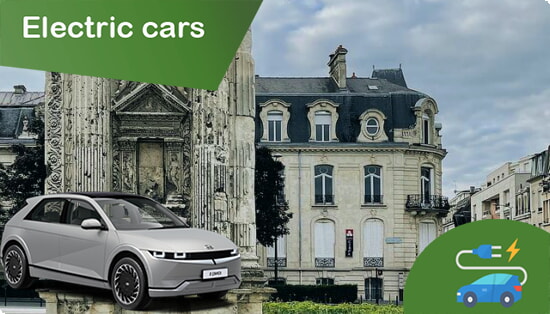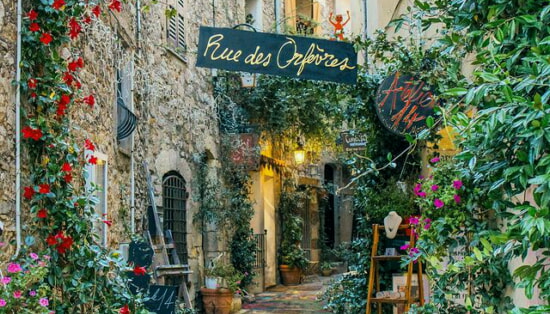 20%
Discount
20%
Discount

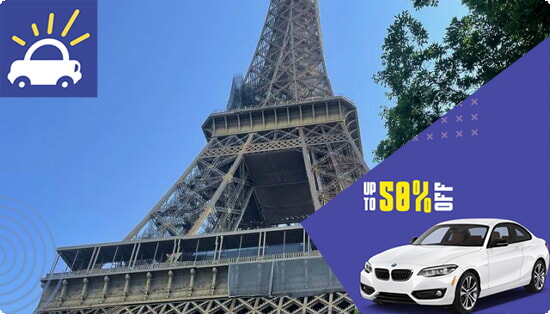
In France, to enhance road safety in urban areas, some locations are equipped with special scoreboards that display the speed of passing cars and alert drivers when they exceed the speed limit. Police officers have the authority to issue on-the-spot fines with a receipt. The legal limit for blood alcohol content while driving is 0.50 parts per million (ppm). Drivers who significantly exceed this limit face a fine of 4,500 euros and a three-year license suspension.
It's important to adhere to speed limits: within city limits, the maximum speed is 50 km/h, while on highways, the limit increases to 130 km/h, and outside urban areas, it's 90 km/h. Failing to comply with these limits can result in fines ranging from 68 to 1,500 euros. Additionally, in France, pedestrians always have the right of way, so it's imperative to yield to them at crosswalks.
Certain roads in France require tolls, which are based on the distance traveled and the category of the rented vehicle. The toll rates are displayed on scoreboards at the entrance to the toll section. Payments can be made with bank cards or cash. As indicated on the official website of the Ministry of Transport in France, toll roads are marked with an "A" on a blue road sign. Rates may vary depending on the season, type of vehicle, and number of passengers. Note that there are specific dates when mountain tunnels are closed.
France employs radar systems to automatically enforce speed limits. It's important to note that warning signs for radars are no longer present on the roads, and any in-car devices that report the presence of radars must have this function disabled.
Many parking lots in France use 'horodateurs' machines, which accept payment cards available at tobacconists. Parking is generally free from 19:00 to 7:00 on weekdays, all day on weekends and public holidays, and throughout the month of August. In smaller towns, free parking is also available from 12:00 to 13:30. The specific regulations can be found at the parking machines. Be aware that parking in the same spot for more than one day is not allowed, except in designated long-term parking areas.
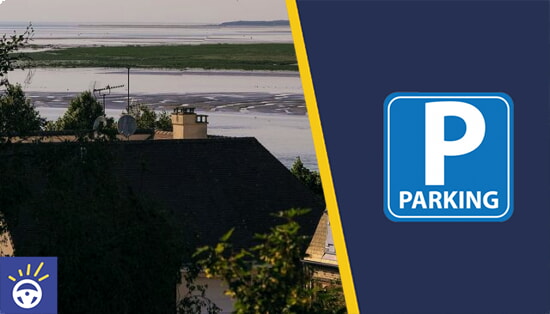
France is a top destination for millions of tourists each year, with many eager to return time and again. A trip to France often begins in Paris, home to the iconic Eiffel Tower, a symbol of the nation that's impossible to overlook. Another must-see is the Palace of Versailles, one of France's most frequented attractions.
Travelers worldwide dream of exploring the Abbey of Mont Saint-Michel, visiting French castles and palaces, admiring masterpieces in Parisian museums, and strolling through legendary squares and streets. The beautifully designed parks and gardens are sure to impress any visitor.
For children and the young at heart, French Disneyland is a dream destination. Situated just 32 km from Paris, it welcomes 12.5 million visitors annually and spans 1,943 hectares of fun. Disneyland is divided into two main sections:
In Paris, Les Invalides stands as a significant architectural monument, originally serving as a sanctuary for wounded soldiers and esteemed war veterans. Now, it hosts several museums, including the renowned Army Museum and the Necropolis.
The breathtaking Loire River captivated French royalty, leading to the construction of over seventy castles in the Loire Valley, each with its unique style and era. Among them, Chambord Castle is particularly notable, while the striking Chateau de Chenonceau, perched over the river, is privately owned but open to the public.
The chic resort city of Nice, a gem of the Cote d'Azur, is famed for its beaches and vibrant entertainment scene. Nice is also home to the Chagall and Matisse museums, the Archaeological Museum with its ancient artifacts, and a park showcasing primitive art. Exploring all of Nice's cathedrals, castles, and palaces could take days.
In eastern France lies the quaint town of Chamonix Mont Blanc, nestled among the stunning Alps. The eponymous mountain peak is a challenge for climbers, while the town is renowned for its ski resorts, which attract thousands each season. The slopes are perfect for skiing, and by renting a car, visitors can fully experience not only the ski resorts but also the warm hospitality of the French.
In France, when you rent a car, you're typically required to pay a deposit. This deposit serves as your financial responsibility for any potential damage or theft of the vehicle, and it's usually set at a minimum of 10% of the car's new market value.
However, you can avoid paying this deposit by opting for full insurance coverage. This insurance covers the cost of the deductible in the event of damage or theft. Many car rental companies, including international brands like Budget, Avis, Sixt, Hertz, and national providers such as National, offer the option to rent a car without a deposit if you purchase full insurance. Be mindful of the insurance types included in the rental price. If the daily rental rate seems unusually low, it may not include insurance, which means you'll likely have to buy it separately, significantly increasing the overall cost.
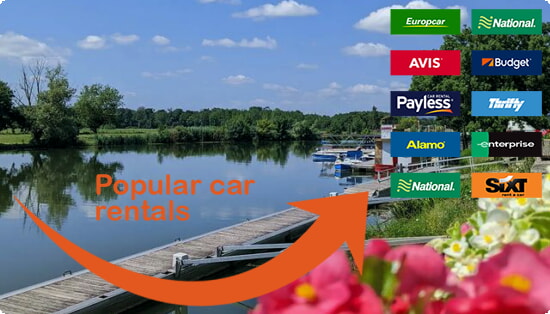
France is at the forefront of electric vehicle usage in Europe. Throughout French cities, it's common to see electric cars parked and connected to charging stations on the sidewalks. The popularity of these eco-friendly vehicles is on the rise, not just in Paris but across the entire country.
Drivers of electric cars benefit from numerous charging stations and often enjoy free parking. Rental costs for electric vehicles vary between 30 to 80 euros per day, depending on the model and time of year. Some of the electric cars available for rent include:
In Paris, electric car operations are managed by Autolib, which is supported by the city hall. Nationwide, companies like Avis, Sixt, and National also offer electric vehicle rentals. These cars are notably quieter, adding to their appeal.
